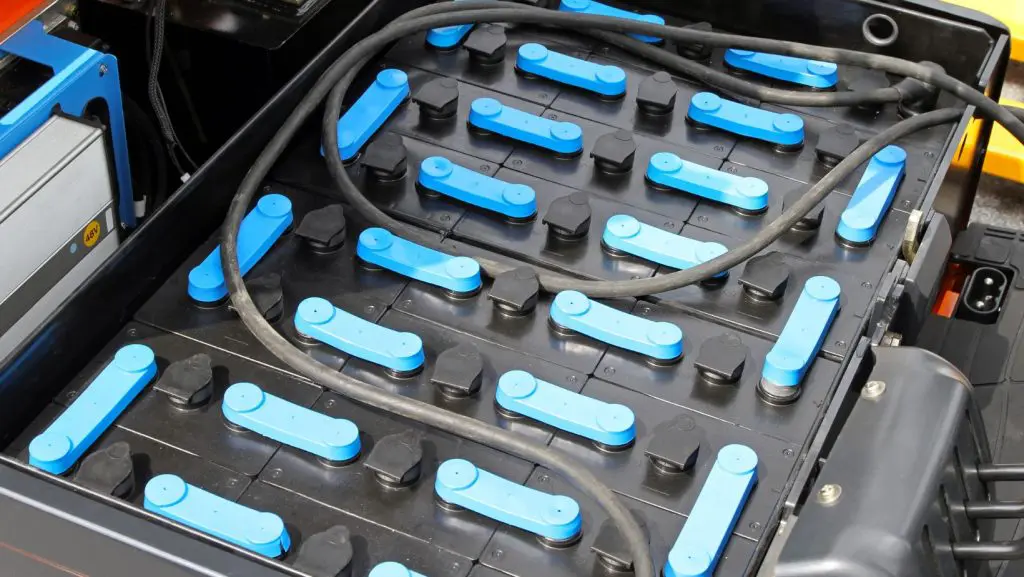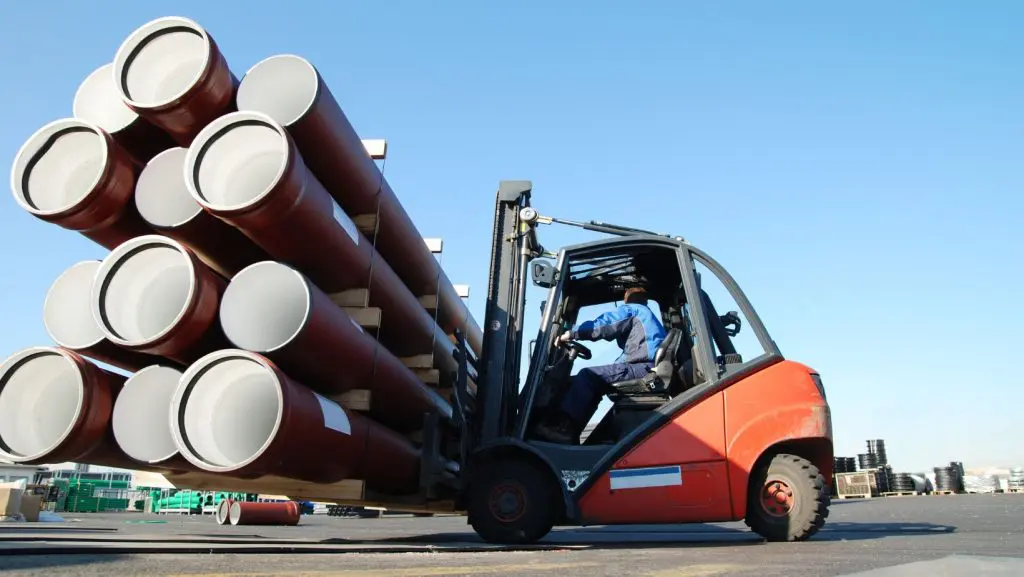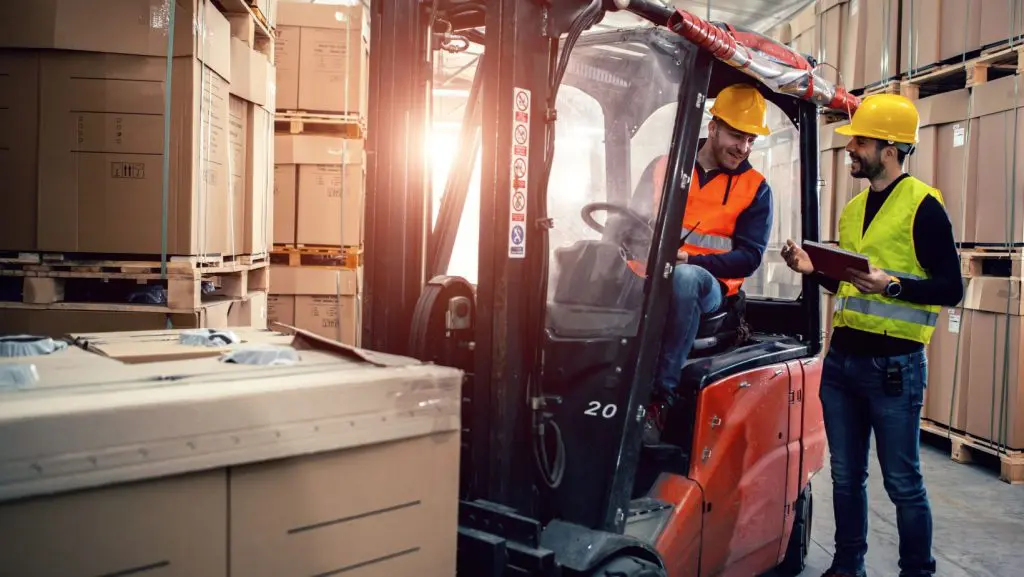
Forklifts are the workhorses of warehouses and many other industrial and commercial settings. And batteries are the life force behind forklifts. Therefore, forklift batteries are a fundamental aspect of your operations. Ensuring your batteries work effectively is crucial to optimal performance. Here’s how to maximise your battery’s performance and longevity. Types of Forklift Batteries Forklift […]

Forklifts are an indispensable tool in various industries, serving a critical role in material handling and logistics. These powerful machines make the movement of heavy loads easier and more efficient. However, to understand the safe operation and transport of forklifts, it’s crucial to grasp just how heavy these machines can be. Understanding the weight of […]

Are you a forklift operator exploring your next career step? Or a business owner assessing the merits of in-house forklift training? At HL Training, we’re here to guide you through becoming a certified forklift instructor. In this guide, we’ll explore the role of a forklift instructor and why it might be right for you or […]

In the fast-paced world of logistics and transportation, the need for efficient and safe material handling solutions is paramount. HIAB trucks have emerged as a reliable and versatile option for various industries, enabling seamless loading and unloading operations. In this blog post, we will delve into the world of lorry-mounted cranes, exploring their definition, purpose, […]




